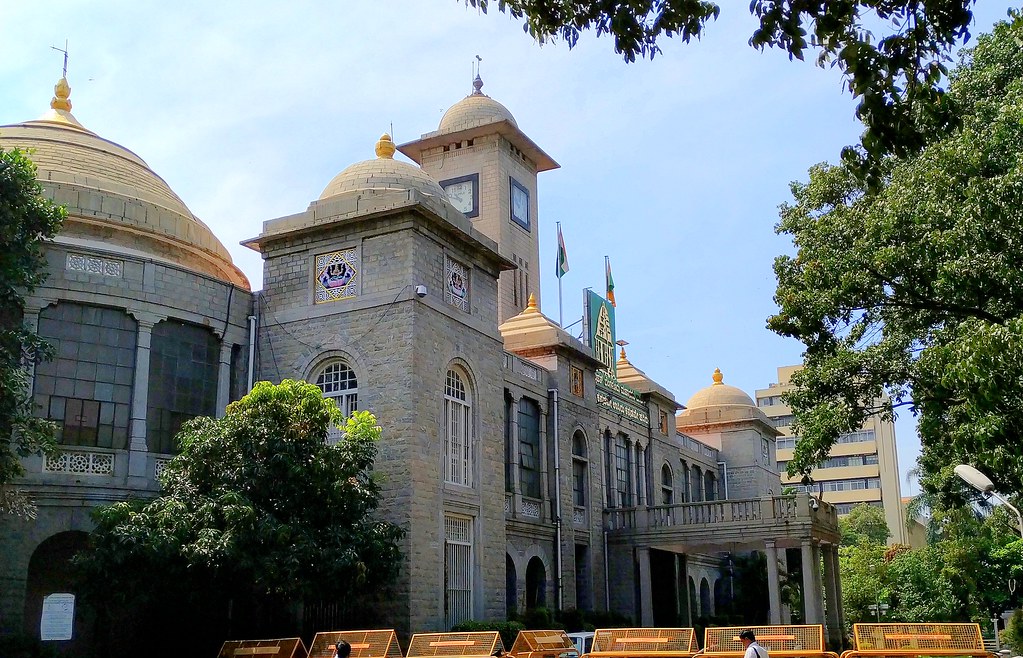
Representative Image
Greater Bengaluru Authority Formed: Councillors to Take Backseat as MLAs Retain Control
The Karnataka government on Tuesday formed a 75-member Greater Bengaluru Authority (GBA), to be headed by Chief Minister Siddaramaiah. The new body will function as a coordinator between the five municipal corporations that will replace the Bruhat Bengaluru Mahanagara Palike (BBMP).
While the GBA — which will control the disbursal of state government grants — will centralise municipal administration, the five corporations promise to decentralise governance.
In effect, MLAs have retained control over municipal administration, while councillors have lost influence as their boundaries and budgetary powers are being significantly curtailed. By doing so, MLAs have effectively restricted councillors, who were seen as potential challengers to their authority.
Starting September 2, Bengaluru’s civic governance will enter a new phase with the formal launch of the Greater Bengaluru Authority, which replaces the BBMP as the city’s apex urban body.
The new law, cleared by the Assembly earlier this year, proposes a three-tier structure:
- a city-wide authority headed by the Chief Minister,
- multiple municipal corporations in place of the BBMP, and
- ward committees for neighbourhood-level representation.
The number of wards may increase to 400, with the city split into five corporations. The wards are likely to be formed by November-end.
Officials say the move is aimed at improving coordination among multiple civic agencies—ranging from water supply (BWSSB) and electricity (BESCOM) to Metro (BMRCL) and transport (BMTC)—that often work at cross-purposes. The GBA will also oversee large infrastructure projects, metropolitan planning, and disaster management, besides allocating resources to the corporations.
While the government insists the new model will make governance more decentralised and responsive, critics have flagged concerns about its democratic accountability. Since the GBA is chaired by the Chief Minister, activists argue that it violates the 74th Constitutional Amendment, which guarantees elected local bodies in urban areas.
The reorganisation has also delayed civic polls, with the State Election Commission seeking clarity on the rules for conducting elections to the new corporations. Petitions challenging the validity of the GBA are currently pending before the Karnataka High Court.
For residents, however, the immediate impact is minimal, as the BBMP continues to handle day-to-day functions and elections remain distant.
